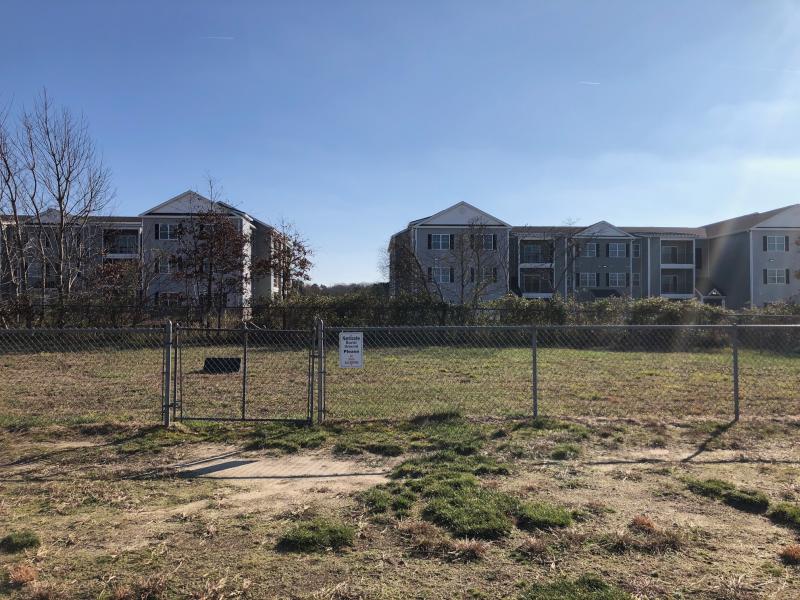A Delaware Superior Court judge has dismissed counts of negligence, professional negligence, negligent provision of information and breach of contract against a consulting company hired to investigate the development of the former Jackson Pit site in Lewes.
Judge Richard F. Stokes granted a motion to dismiss brought by Brightfields Inc., a Wilmington-based company hired by then-owners CB Lewes LLC and Coastal Tide Partners to investigate and test the site, and submit reports to Delaware Department of Natural Resources and Environmental Control. CB Lewes had acquired the Jackson Pit site in 2013 and entered into a brownfields development agreement with DNREC to clean up and develop the site.
CB Lewes and Coastal Tide Partners had argued that there were deficiencies in Brightfields’ reports, namely that the amount of debris which required removal exceeded what Brightfields estimated, causing costs to accrue to four times what CB Lewes and Coastal Tide Partners anticipated.
The Jackson Pit site is located behind the Lewes Home Depot and neighbors the Eagle Point subdivision. The site is beyond a treeline in front of a Nanticoke burial ground. The pit had been used as a borrow site in the 1960s for dirt and sand until a large hole was left in the ground that was filled by household debris from the 1970s through 1982. From 1983 to 1993, DNREC allowed the site to be used to dump tree stumps, masonry debris and lumber. DNREC evaluated the site and found major environmental concerns with the release of methane from decomposing wood debris, as well as polycyclic aromatic hydrocarbons, which are combustible chemicals similar to charcoal.
In 2008, a site plan for the Arbors of Cottagedale housing development was submitted to the state for building apartment units on the Jackson Pit site. In 2010, a plan for 168 apartment units was approved by Sussex County Planning and Zoning and county council, under the condition that the site was cleaned up.
Since then, the project has been off and on, with the most recent on back in 2017 when CB Lewes planned to sell the property to development group Chatham Bay.
DNREC spokesman Michael Globetti said remedial actions on the site were completed in late 2019. He said future use of the site would have restrictions on groundwater withdrawal and require adherence to DNREC’s contaminated materials management plan should unexpected site conditions be encountered during development. Previous developers of the site have indicated that the development would use public water, not private wells.
Brightfields argued that the case should be dismissed under the economic loss doctrine, a court-developed policy that generally states that one party cannot recover strictly economic losses arising from a contractual agreement. In this context, Brightfields argued that just because CB Lewes wasn’t happy with the work the company did, it did not have the right to collect economic damages, because Brightfields did what it was contracted to do.
CB Lewes argued that the economic loss doctrine did not apply, and that because Brightfields was providing information, Brightfields owed a duty independent of its contracted duty.
Stokes agreed with Brightfields, saying the company was contracted to investigate and test the site, submit reports to DNREC and consult with CB Lewes on issues of remediation prior to development. He ruled that CB Lewes’ claims are barred by economic loss doctrine, and counts of negligence against Brightfields are dismissed.
Ryan Mavity covers Milton and the court system. He is married to Rachel Swick Mavity and has two kids, Alex and Jane. Ryan started with the Cape Gazette all the way back in February 2007, previously covering the City of Rehoboth Beach. A native of Easton, Md. and graduate of Towson University, Ryan enjoys watching the Baltimore Ravens, Washington Capitals and Baltimore Orioles in his spare time.


















































